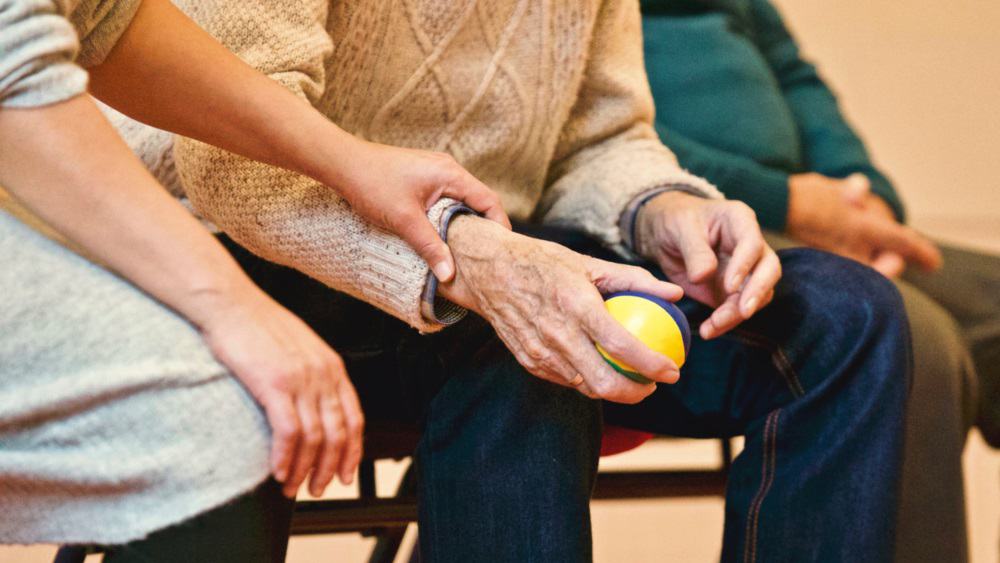Here’s some advice from someone who’s been there.
You’re doing what any good person would do, trying to keep tabs on a loved one who’s growing older. You’re afraid to broach the idea of getting involved in their affairs because you don’t want to hurt their feelings–or worse, start a fight. Maybe you’ve even tried to offer your help, only to get rebuffed.
Heidi Sklenar Telschow, a personal advisor to clients of Fairview’s Caregiver Assurance service, knows it’s a predicament. She hears it on a daily basis.
When a senior repeatedly resists help, “it creates a lot of frustration for the son or daughter or spouse,” Heidi says. “People will make unsafe and uninformed decisions, and you just want to throw your hands in the air and say, ‘I’m done.’ ”
Getting past your frustration
The first step is understanding that your loved one isn’t necessarily just being stubborn.
“It’s more about them being in denial of their actual abilities,” Heidi says, from their eyesight to whether they’re strong enough to handle the stairs. “It may take Dad slipping on those last two steps and getting a big bruise on his behind for him to realize.”
Even if your loved one does grasp the situation, accepting your help can feel like surrender. “That final time they hand over those car keys and know they will never go to the store by themselves again, it’s handing over their independence,” Heidi says. “To lose that is like giving up who they’ve been their entire adult life.”
Having the talk
Heidi has some tips for that difficult conversation about taking on some things your loved one can’t or shouldn’t be doing anymore.
“Never present it as an ultimatum: ‘If you do that one more time, I won’t keep bringing the grandkids to visit.’ Like any transition in life, it has to be processed,” Heidi says. It’s also easy to fall into the trap of shaming or guilting your parent. You might be thinking, “Doing this for you is already hard enough; don’t make it any harder” or “I never signed up for this.” But saying it to them could increase whatever anxiety or depression they’re having about aging, making it even harder to accept your help and pushing the problem down the road. Bringing a neutral party into the conversation can often break a stalemate.
“Try to have the advice come from someone else–me, a doctor, a mental health assessor,” Heidi says. “It takes the weight off the caregiver as the bad guy. You don’t have to be the one to pull the plug, so to speak. If it’s you as the caregiver harping on it, they’ll drag their feet.”
That’s one reason why Fairview launched Caregiver Assurance, which gives you unlimited access to a personal advisor like Heidi and the option of visiting your senior’s home and hosting a family conference with you.
“People always take me up on that,” she says. “No one ever says, ‘Let me be the one to break Dad’s heart.’ ”
Accepting what you can’t control
In the end, the senior is still in control. Just because you choose to watch out for them or it’s fallen to you, it doesn’t mean they’ll let you make all the decisions while they’re still living in their own home. So expect to draw on your deepest reservoir of patience.
“People aren’t going to hear a recommendation just once and accept it,” Heidi says. “People need time to weigh their options. Reassure them that you’re there for them and will do everything you can for their safety, and when they’re ready to make those brave steps for change, you’ll be there for them no matter how long it takes. Wrap them in support.”
For more information call 612-672-CARE (2273) to speak with one of our Caregiver Advisors.












